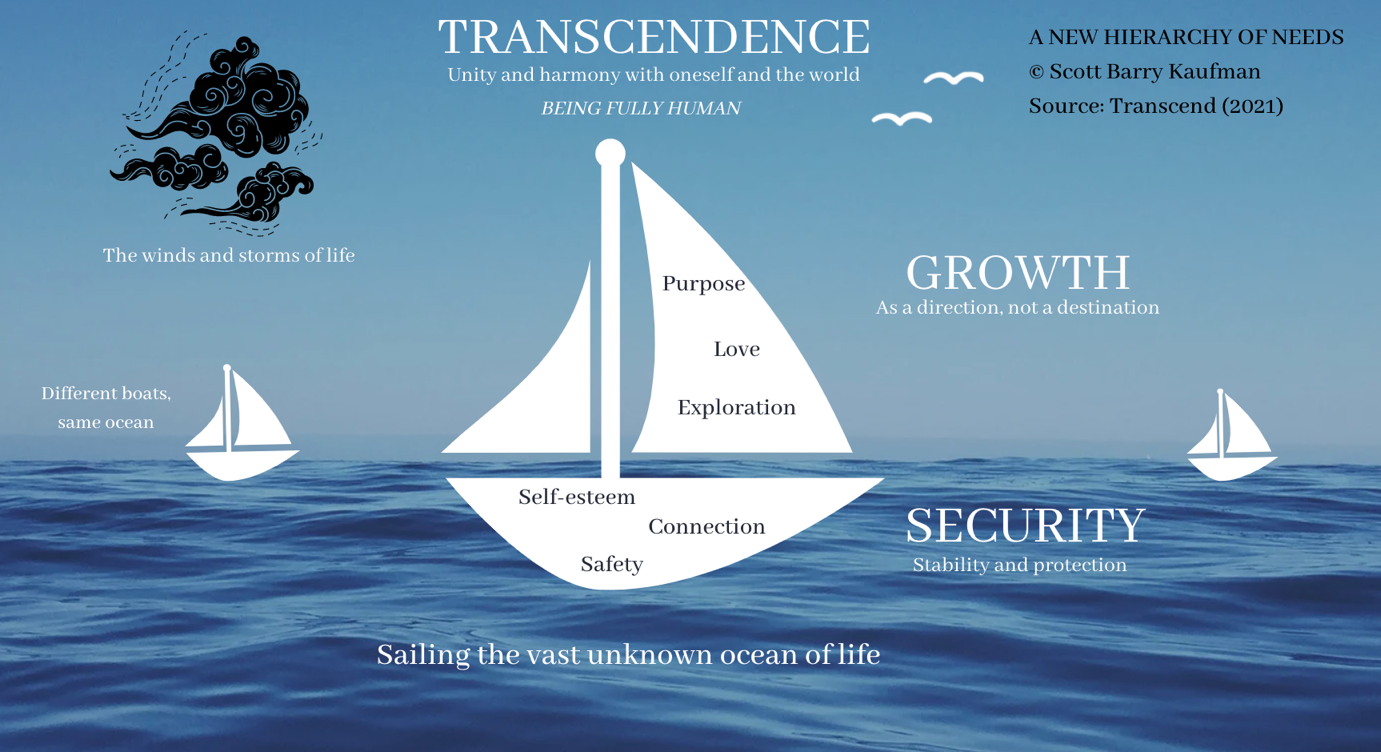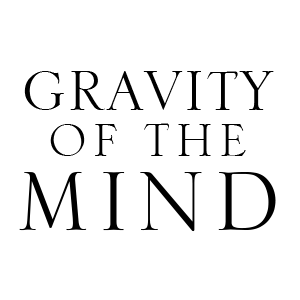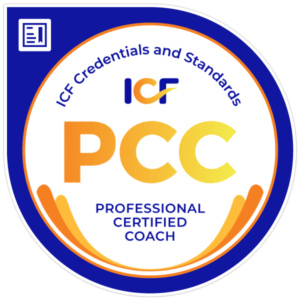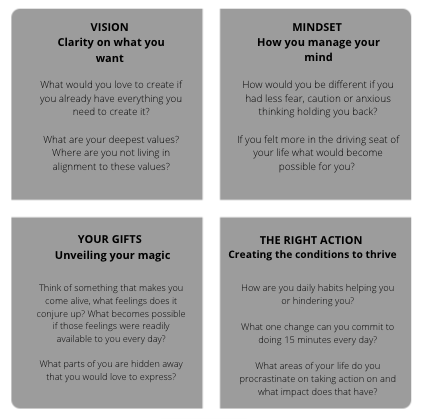BEING FULLY HUMAN – THE ROUTE TO TRANSCENDENCE
Both the wonderful and the challenging aspect of being a coach is in the exploration of what it takes for human beings to thrive. So much ‘information’ and so little time.
In my recent deeper dive into ‘Flow’, where I get very narrow on the topic, I began digging into the history behind flow which can be considered a ‘transcendent experience’ sitting alongside terms such as peak experience, religious experience, mystical union, satori, cosmic consciousness and mystical experience.
In my research on how flow connects to wellbeing and flourishing I came upon the work of Abraham Maslow who most of you will have heard of in reference to ‘Maslow’s Hierarchy of Needs’, which is usually represented as a pyramid, with physiological and safety needs at the bottom and ‘self-actualization’ at the peak.
Well, it so happens that Maslow did not actually come up with the pyramid schema! This was the work of management consultants translating his work in a manner that they considered could best be taught in the corporate world.
And now, the brilliant Scott Barry Kaufman has completed updated the model, building on the late work and unpublished writings of Maslow, to create a new metaphor:
THE SAILBOAT

I saw this and thought – wow! I often use the metaphor of setting sail in my group coaching and resilience webinars, so it immediately resonated.
Kaufman elaborates the metaphor as part of the much-recommended book Transcend where Maslow’s model for understanding the human condition is comprised of a boat where:
- The body of the boat is comprised of the inter-related needs of Safety, Connection and Self-esteem. These are our needs for SECURITY.
- The sails are comprised of our needs for Exploration, Love and Purpose. These are our needs for GROWTH.
Without the sail, we are mere surviving. But to live ‘the good life’ we need to open to setting course in direction with no specific destination, on a voyage of discovery, riding the stormy seas and winds of life, risking being vulnerable and exposure. We must be willing to open our sails, to take risks, to venture into the unknown, in our quest for growth, as part of our higher purpose in life.
This, Kaufman argues is fundamental to the paradox that is ‘transcending’, where we experience unity and harmony with oneself and the world.
Or as he calls it:
Being Fully Human.
There is so much to unpack and explore through this metaphor and I will be writing about it again soon.



